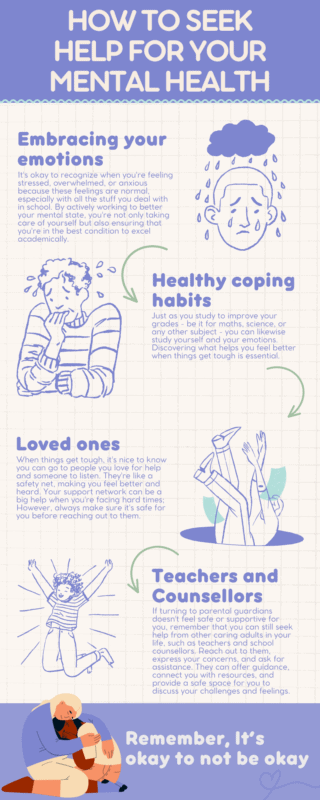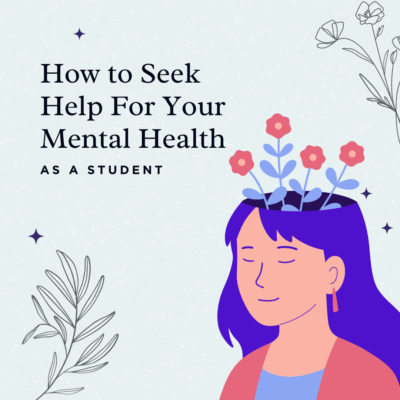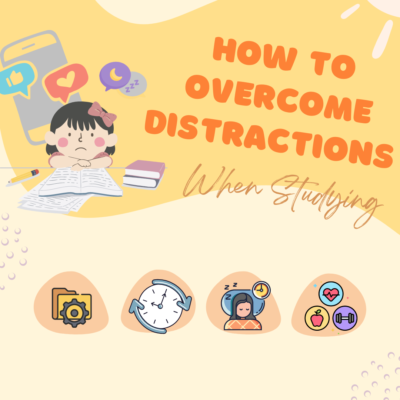Sometimes, dealing with tough situations and asking for help can be really hard. Remember, our schools – from primary school through junior college – have people who care about you and want to help. Teachers and school counsellors are there for more than just your schoolwork; they really care about how you’re doing in general. If you’re not sure about talking to them, thinking they might not care or understand, it’s important to know that they are there to support you. This blog is here to remind you to think about the help you can get at school, even when it feels tough to talk about what’s going on.
Embracing Your Emotions
Firstly, As a student, it’s really important to acknowledge and prioritise your mental health alongside your schoolwork and tests. Your mental health plays a significant role in your academic success and overall quality of life. It’s okay to recognize when you’re feeling stressed, overwhelmed, or anxious because these feelings are normal, especially with all the stuff you deal with in school. By actively working to better your mental state, you’re not only taking care of yourself but also ensuring that you’re in the best condition to excel academically. This may involve setting aside time for self-care, seeking support from counsellors or therapists if needed, and developing healthy coping strategies to manage stress.
Remember, having a healthy mind is a big part of doing well in school. Be patient with yourself and practice self-compassion, understanding that it’s okay to have ups and downs. With time and effort, you can achieve a healthier mental state, making your student experience more enjoyable and successful.
Healthy Coping Habits
In the journey of managing your mental health as a student, learning healthy coping habits is like having a toolkit to face life’s challenges. Just as you study to improve your grades – be it for maths, science, or any other subject – you can likewise study yourself and your emotions.
Discovering what helps you feel better when things get tough is essential. It might be practising mindfulness, staying active with exercise, talking to friends or counsellors, or even taking time for hobbies you enjoy. These tools are like shields against stress and anxiety, helping you stay strong and focused on your goals.
So, remember to build your mental health toolkit, because when you know how to take care of yourself, you can face anything that comes your way with confidence. If anything, it may be helpful to refer to our previous blog about tips to manage academic stress.
Loved Ones
When things get tough, it’s nice to know you can go to people you love for help and someone to listen. This could be family, friends, or anyone else you trust. They’re like a safety net, making you feel better and heard. But it’s important to remember that not everyone is in the same situation.
Sometimes, talking to the people you’re close to might not be safe or possible, and that’s okay. Your safety and well-being should always come first. If you feel safe and comfortable relying on your loved ones, don’t be afraid to ask them for support when you need it. Your support network can be a big help when you’re facing hard times; However, always make sure it’s safe for you before reaching out to them.
Teachers and Counsellors
If turning to parental guardians doesn’t feel safe or supportive for you, remember that you can still seek help from other caring adults in your life, such as teachers and school counsellors. These individuals are there not only to educate you but also to support your well-being. They genuinely care about your academic success and mental health, even if it may not always seem that way.
Don’t be discouraged if you ever feel like they don’t care; it might just be that they aren’t fully aware of your struggles. Reach out to them, express your concerns, and ask for assistance. They can offer guidance, connect you with resources, and provide a safe space for you to discuss your challenges and feelings. It’s essential to remember that many adults in your school environment genuinely want to see you thrive and are willing to help when you reach out to them.

Conclusion:
Taking care of our mental health is incredibly important, just like looking after our physical health. It’s okay to have moments when we don’t feel okay, sad, or anxious, because these feelings are a natural part of life. But what’s even more important is to remember that it’s perfectly okay to ask for help when we need it. Seeking help is a brave and important step towards feeling better and living a happier and healthier life. So, always remember, it’s okay not to be okay, but it’s also okay to reach out for the support and help that we need to feel better.





